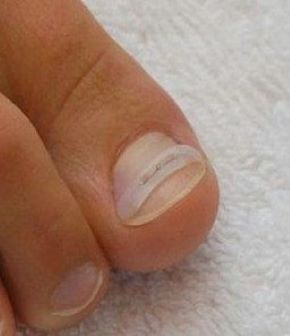Restless legs syndrome (RLS) is a disorder of the part of the nervous system that causes an urge to move the legs. Because it usually interferes with sleep, it also is considered a sleep disorder.
Symptoms of Restless Legs Syndrome
People with restless legs syndrome have uncomfortable sensations in their legs (and sometimes arms or other parts of the body) and an irresistible urge to move their legs to relieve the sensations. The condition causes an uncomfortable, “itchy,” “pins and needles,” or “creepy crawly” feeling in the legs. The sensations are usually worse at rest, especially when lying or sitting.
The severity of RLS symptoms ranges from mild to intolerable. Symptoms can come and go and severity can also vary. The symptoms are generally worse in the evening and at night. For some people, symptoms may cause severe nightly sleep disruption that can significantly impair their quality of life.
Who Gets Restless Legs Syndrome?
Restless legs syndrome may affect up to 10% of the U.S. population. It affects both sexes, but is more common in women and may begin at any age, even in young children. Most people who are affected severely are middle-aged or older.
RLS is often unrecognized or misdiagnosed. This is especially true if the symptoms are intermittent or mild. Once correctly diagnosed, RLS can often be treated successfully.
Causes of Restless Legs Syndrome
In most cases, doctors do not know the cause of restless legs syndrome; however, they suspect that genes play a role. Nearly half of people with RLS also have a family member with the condition.
Other factors associated with the development or worsening of restless legs syndrome include:
- Chronic diseases. Certain chronic diseases and medical conditions, including iron deficiency, Parkinson’s disease, kidney failure, diabetes, and peripheral neuropathy often include symptoms of RLS. Treating these conditions often gives some relief from RLS symptoms.
- Medications. Some types of medications, including antinausea drugs, antipsychotic drugs, some antidepressants, and cold and allergy medications containing sedating antihistamines, may worsen symptoms.
- Pregnancy. Some women experience RLS during pregnancy, especially in the last trimester. Symptoms usually go away within a month after delivery.
Other factors, including alcohol use and sleep deprivation, may trigger symptoms or make them worse. Improving sleep or eliminating alcohol use in these cases may relieve symptoms.






